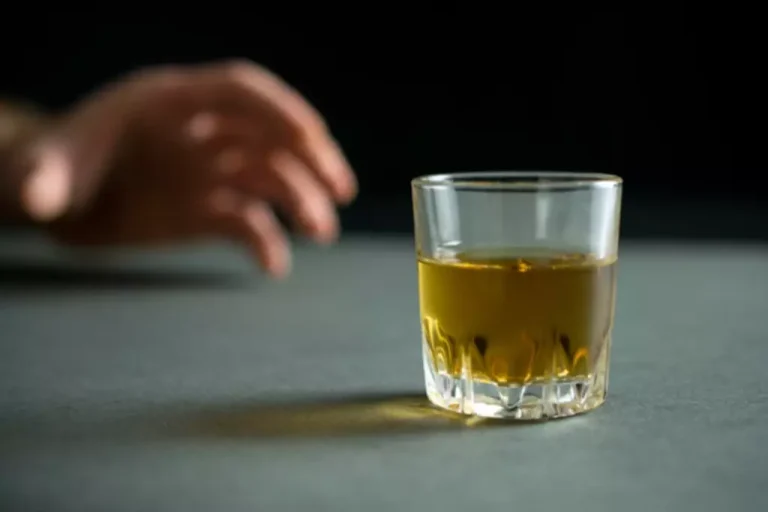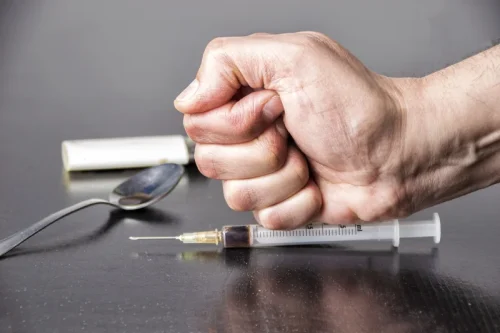The chemical signals, known as neurotransmitters, can attach to cells with the right receptors. Neurotransmitters (your car key) can only fit into the right receptor (your car ignition). If it fits, the alcohol detox side effects neurotransmitter can activate a process within the cell (starting your car). The toll that frequent alcohol use can have on your body can be severe but in some cases, the damage can be reversible.
Clinical Features of Alcohol Withdrawal

Those with severe or complicated symptoms should be referred to the nearest emergency department for inpatient hospitalization. Alcohol use disorder can include periods of being drunk (alcohol intoxication) and symptoms of withdrawal. Outpatient treatment providers are motivated to get sober and have responsibilities (such as family, work, or school).
- First, it relies on the use of anesthesia, rendering it similar to the practice of putting someone in a medically induced coma for drug or alcohol detox.
- A relative or friend must stay with you to monitor your condition.
- The person should also try to eat three well-balanced meals per day and drink enough water to remain hydrated.
- Never share this medicine with another person, especially someone with a history of drug addiction.
- You could break out in cold sweats or have a racing pulse, nausea, vomiting, shaky hands, and intense anxiety.
What is considered 1 drink?

While cirrhosis scars from excessive drinking are irreversible, quitting alcohol and leading a healthier lifestyle can help your liver heal from alcohol-related liver disease. Visit the following websites to learn about The Recovery Village’s network of rehabilitation facilities. Each center is ready to help people learn how to cope with their addiction and uncover the root causes for their substance use disorder.
What are mild alcohol withdrawal symptoms?
- Daily drinking can have serious consequences for a person’s health, both in the short- and long-term.
- In a recent study, 95% of people had symptoms that lasted between 2-8 days.
- This article discusses the causes, common symptoms, and different stages of alcohol withdrawal.
- If you have decided that it is time to stop or reduce your alcohol consumption, knowing what happens to your body when you stop drinking can give you a better idea of what to expect.
Substantial variability also exists in the incidence with which symptoms occur in various drinkers. Some people who regularly consume alcohol never experience any withdrawal symptoms. Following alcohol cessation, alcohol withdrawal syndrome typically presents as minor symptoms such as mild anxiety, headache, gastrointestinal discomfort, and insomnia. This syndrome can further progress to severe manifestations, such as alcohol withdrawal delirium, which poses significant diagnostic and management challenges.
❓ What Medications Are Used For Rapid Alcohol Detox?

Alcohol Withdrawal Symptoms: Don’t Underestimate Going Sober

